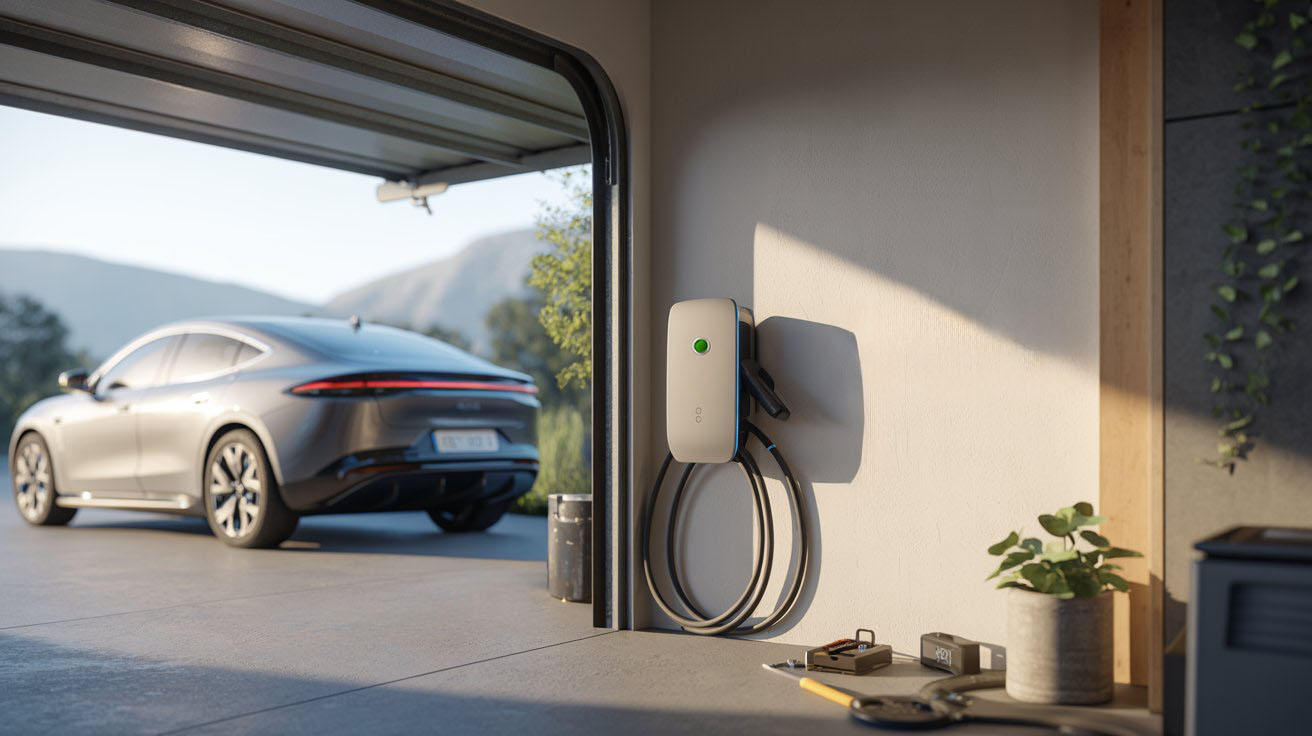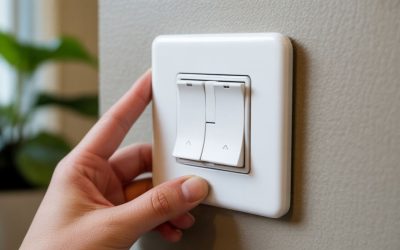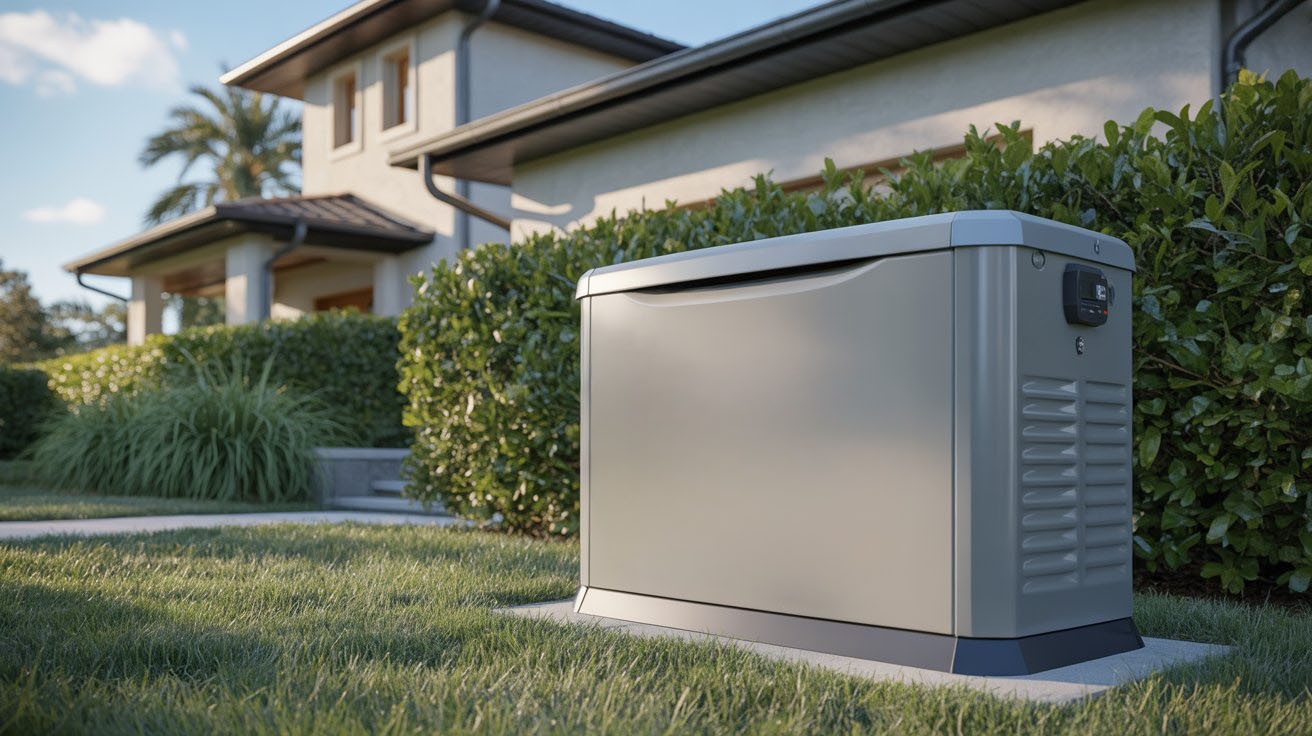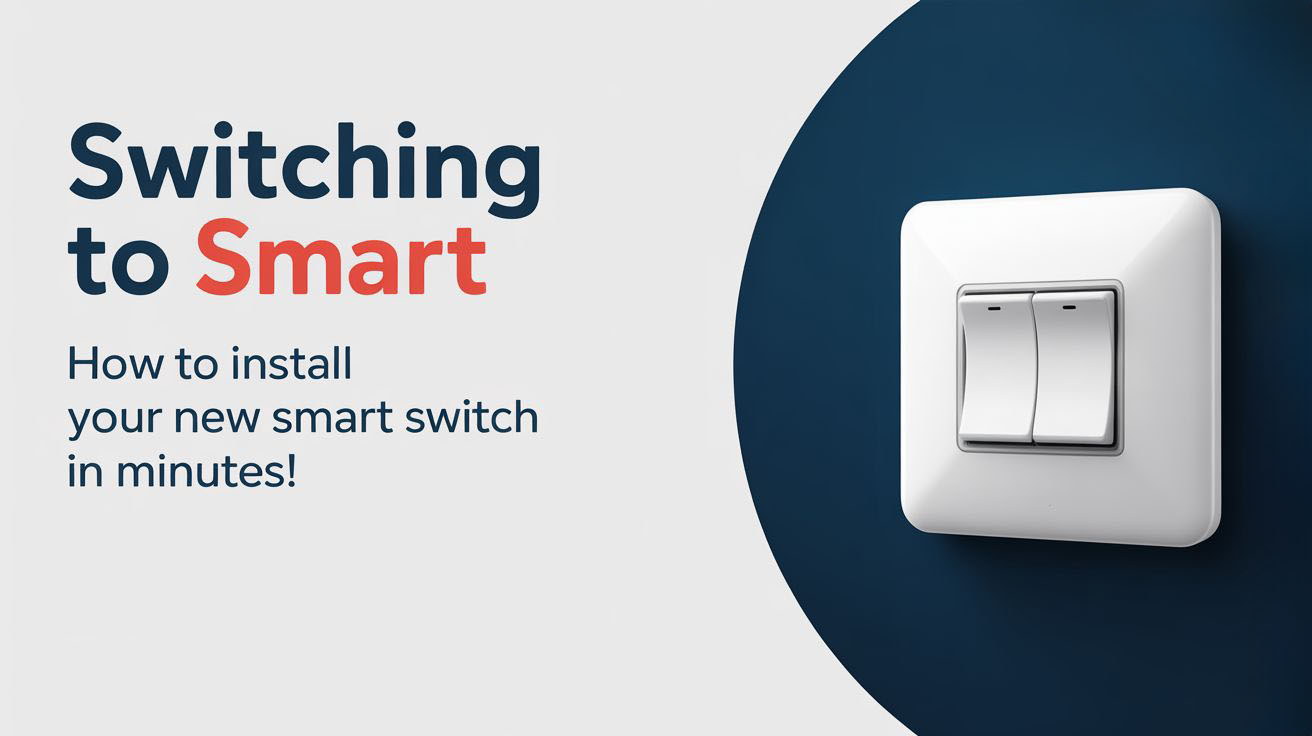As electric vehicles (EVs) become more popular, many homeowners are considering the installation of charging stations in their garages. This change not only provides convenience but also contributes to a more sustainable future.
Table of Contents
- Why EV Charging Stations Are Important
- Types of Charging Stations
- Benefits of Home Installation
- The Installation Process
- Choosing the Right Electrician
- Key Takeaways
- FAQ
Why EV Charging Stations Are Important
Electric vehicle charging stations are essential for supporting the increasing number of EVs on the road. Unlike traditional gasoline stations, EV chargers can be installed at home, making it easier for owners to charge their vehicles overnight. Knowing you can start each day with a full battery can be incredibly reassuring.
Many areas also offer incentives for installing EV charging stations. These include tax credits or rebates, making the transition more affordable. Furthermore, as more homes adopt this technology, the need for public charging stations decreases, supporting a larger shift towards eco-friendly transportation.
Types of Charging Stations
Understanding the different types of charging stations available is vital when considering an installation. Here are the most common options:
- Level 1 Charging: This option utilizes a standard 120-volt outlet and is the slowest charging method. While convenient for some, charging an EV fully may take all night.
- Level 2 Charging: Operating at 240 volts, these stations offer a faster charging rate. Most homeowners opt for this type because it can typically charge a vehicle in a few hours.
- DC Fast Charging: Found primarily in commercial areas, this type utilizes direct current to provide a rapid charge. It’s not usually installed in residential settings due to cost and power requirements.
Choosing the right type for your home depends on your driving habits and the speed at which you want to charge your vehicle.
Benefits of Home Installation
Installing an EV charging station in your garage comes with numerous advantages:
- Convenience: Charge your vehicle at home without needing public stations.
- Cost Savings: Say goodbye to frequent trips to gas stations and enjoy potential savings from local incentives.
- Increased Home Value: Homes with EV charging stations often attract buyers, especially as EVs become more popular.
- Environmental Impact: Utilizing home charging stations promotes energy-efficient driving practices.
Overall, having a dedicated charging station at home makes life easier while also contributing to a greener environment.
The Installation Process
Installing a charging station involves several straightforward steps:
- Assessment: An initial evaluation by an electrician to determine your home’s electrical capacity.
- Choosing a Location: Selecting the best location in your garage for the installation.
- Permits: Depending on local regulations, you may be required to obtain permits before proceeding with the installation.
- Installation: This includes wiring the station and ensuring everything is up to code.
- Testing: Once installed, the electrician will test the system to ensure it operates correctly.
Working with a professional ensures that your installation is safe and compliant with local regulations.
Choosing the Right Electrician
Selecting the right electrician for your EV charging station installation is crucial. Here are some tips to keep in mind:
- Experience: Look for electricians who have experience specifically with EV charging installations.
- Credentials: Ensure they are licensed, bonded, and insured to protect yourself and your property.
- Reviews and References: Check reviews or ask for references from previous clients to assess the quality of their work.
- Cost Estimates: Get multiple quotes to find a fair price for the services.
Taking the time to choose the proper electrician will ensure your charging station is installed reliably and safely.
Key Takeaways
– Charging stations are essential for EV owners, providing convenience and peace of mind.
– Level 2 charging stations are the most common choice for home installations.
– A home EV charging station can increase the value of your home.
– The installation process involves several steps, best handled by a qualified electrician.
– Choosing the right professional is crucial for a successful installation.
FAQ
1. How long does it take to install an EV charging station?
Installation typically takes a few hours, depending on the complexity of the electrical work required.
2. Are there any tax credits available for installing a charging station?
Yes, many states and local governments offer incentives for installing home charging stations.
3. Do I need a special electrical panel for the installation?
It depends on your home’s electrical capacity. An electrician can assess your situation.
4. Can I install a charging station in my garage if I have an older home?
Yes, but an electrician will need to evaluate your home’s electrical system to ensure it can support a charging station.
5. Is a Level 1 charger sufficient for daily use?
A Level 1 charger is possible, but it can take longer to charge your vehicle. Many prefer Level 2 for convenience.
Are you ready to power up your garage with an EV charging station? Understanding the benefits and processes can help you make a smart choice. For professional assistance, contact us today!








